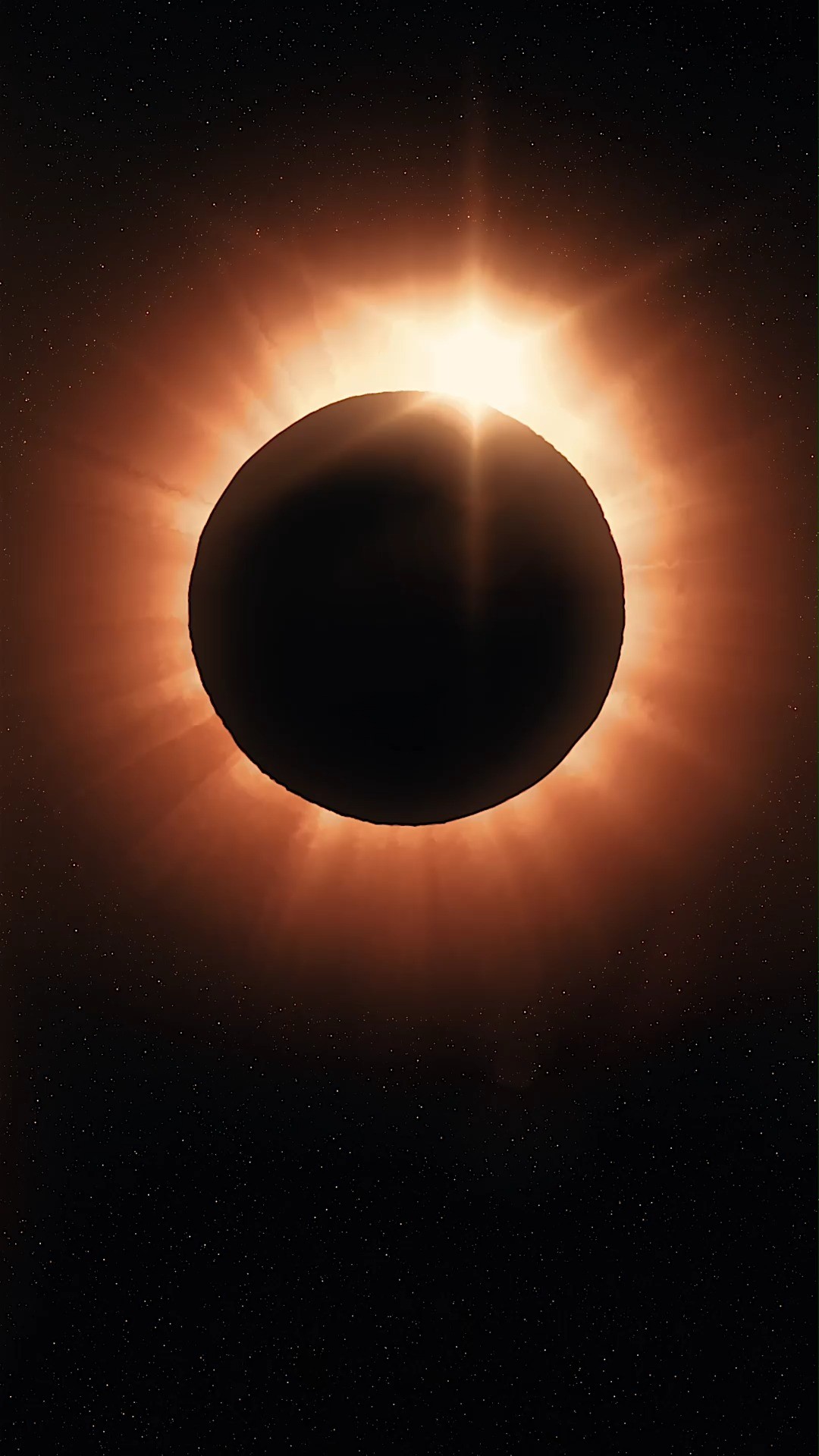– The behavior of zoo animals during a total solar eclipse and zoological preparations.
– The impact of solar eclipses on wildlife and its implications for conservation.
– The role and responsibility of zoos in educating the public about astronomical events and wildlife behavior.
– Adequate zoo management strategies for potentially distressing events for animals, such as eclipses.
– Insights into the ongoing efforts for wildlife preservation and how phenomena like eclipses can aid scientific research.
With just one week remaining before the solar eclipse of April 8, anticipation and curiosity crescendo among human observers and the animal kingdom. Zoos worldwide are preparing for this celestial event, as highlighted in the latest video from a dedicated zoo team showcasing their readiness. But what exactly will occur within the animal enclosures as the moon passes before the sun, and darkness momentarily descends during the day?
Total solar eclipses can significantly affect animal behavior. Wild animals may become confused by the sudden change in light, displaying behaviors usually reserved for twilight or night. Diurnal animals, active during the day, might head towards their sleeping areas or nests, while nocturnal animals could be tricked into thinking night has fallen, leading to a premature awakening and activity. Birds are known to stop singing, sometimes abruptly, as the eclipse progresses, and insects may begin their evening choruses or halt their daytime activities.
Zoologists and zookeepers observe these responses and plan ways to minimize stress within zoo populations. Preparing the animals for an eclipse is not about altering their natural behavior; it is more about ensuring they are safe and secure during the event. Before an eclipse, zoo staff may alter feeding schedules, provide extra enrichment activities to keep the animals calm and engaged and monitor them closely to record any changes in behavior. The aim is to keep routines as normal as possible despite the abnormal environmental conditions the eclipse creates.
Education is a cornerstone of modern zoo missions, and eclipses present unique opportunities. Zoos can leverage these events to educate the public on the natural world’s wonders and the intricacies of animal behavior. They set up viewing areas and offer talks and interactive sessions that can bridge the gap between human experience and animal reactions to such phenomena. This is an important aspect of wildlife conservation, as it fosters a deeper connection and sense of stewardship between humans and the world we share with other species.
Zoo management during such events requires conscientious planning and monitoring. Zoos generally have emergency protocols for weather events and other disturbances, which can be adapted for an eclipse. Extra staff may be on hand to react swiftly to any animal distress and ensure that enclosures are secure against any unusual behavior, such as attempts to flee or hide in potentially hazardous areas.
Zoos are also positioned to collaborate with researchers. An eclipse offers a special opportunity to study animal behavior under unique circumstances that cannot be easily replicated. The observations made by trained zoo personnel can add valuable data to the scientific literature, increasing our understanding of how animals perceive and respond to their environment.
In preparing for an eclipse, zoo teams emphasize the significance of clear and calm management. They must balance the desire to observe and document against the need to keep their animals psychologically and physically undisturbed. This event also reflects the broader responsibilities of zoos in the conservation spectrum — from environmental stewardship to public education and scientific research.
With the upcoming total solar eclipse, facilities like the one featured in the aforementioned Instagram video are refining their approaches to seamlessly integrate astronomical spectacles into their conservation narrative. The solar eclipse of April 8 is not just a moment for human awe but a shared event with all the creatures under the sun’s fleeting shadow. Zoos are proving they stand ready to bridge the gap, thoughtfully and without leaving any detail to chance, to foster understanding and appreciation of this phenomenal natural occurrence.
*****
Source Description
☀️ Plus qu’UNE SEMAINE avant l’éclipse totale de soleil du 8 avril et vous êtes plusieurs à nous poser la question: mais que feront les animaux durant ce phénomène astronomique extraordinaire?😎
👀 Les équipes du Zoo sont à pied d’œuvre pour préparer nos précieux pensionnaires à l’événement… et comme vous allez le constater dans la vidéo, RIEN, mais alors RIEN n’est laissé au hasard !


